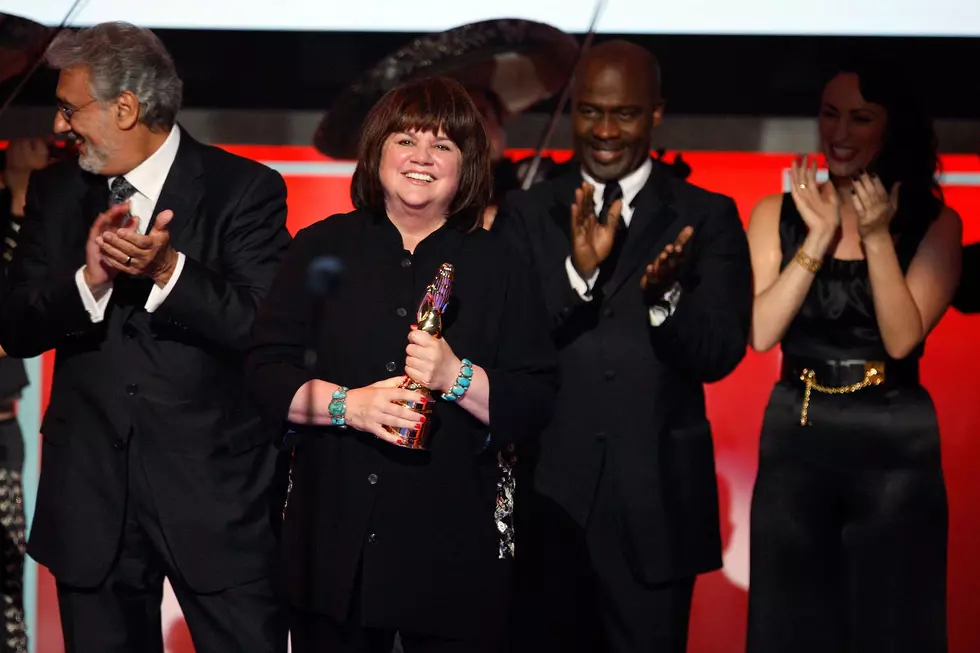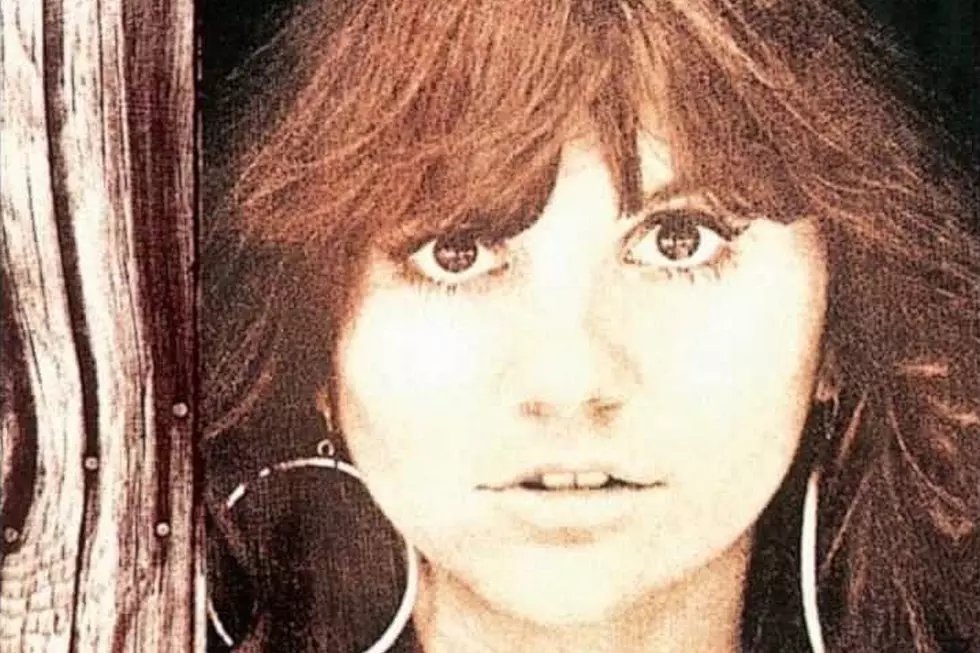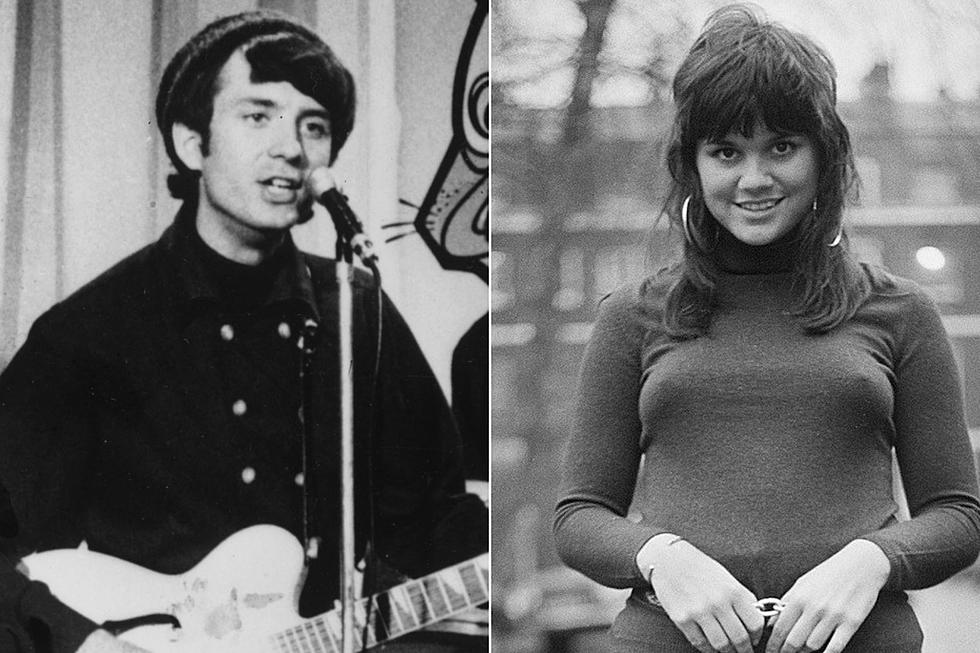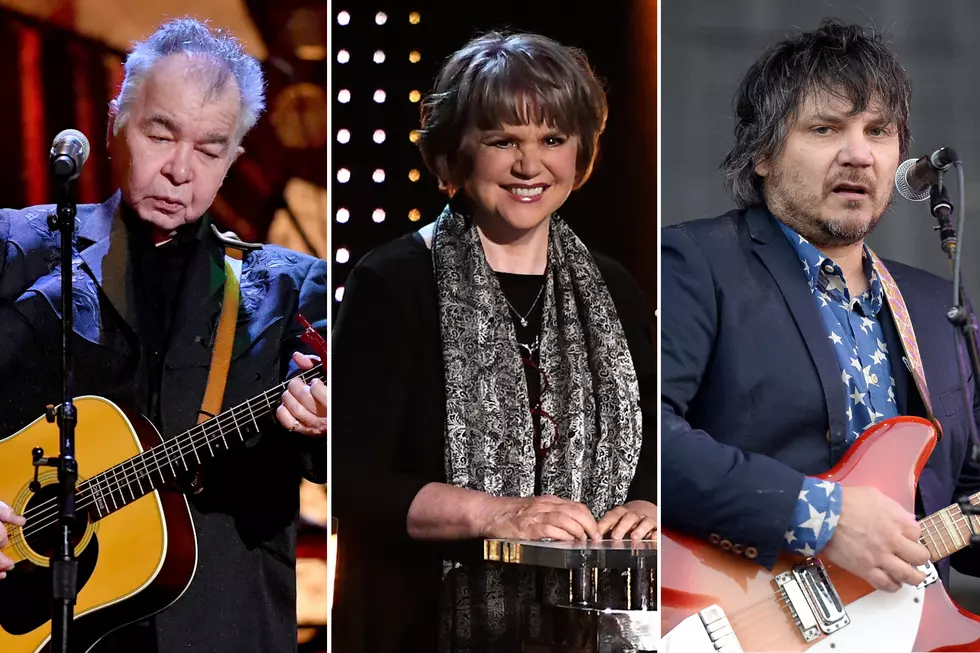
Linda Ronstadt Tribute Reveals Her Depth and Artistry: Interview
In recent years, the music of Linda Ronstadt has experienced a resurgence of sorts, thanks to a Rock & Roll Hall of Fame induction, a documentary on her life (Linda Ronstadt: The Sound of My Voice) and the release of an archival concert album, Live in Hollywood, originally recorded in 1980.
You can now add "A Tribute to Linda Ronstadt at the Soraya" to that list. The episode is part of KCET and PBS SoCal’s Southland Sessions, a weekly series spotlighting Los Angeles' arts, music and culture communities. ("A Tribute to Linda Ronstadt at the Soraya" premieres on KCET Nov. 18 and will also air on PBS SoCal on Nov. 28 at 7PM. After the initial broadcast, the episode will stream at kcet.org/southlandsessions, as well as on the free PBS app.)
The show features songs from Ronstadt's English- and Spanish-language albums (including "Desperado," "Por un Amor," "Los Laureles" and "You’re No Good") covered by Grammy winners Aida Cuevas and Mariachi Garibaldi de Jaime Cuellar, as well as La Marisoul, who fronts the Grammy-winning band La Santa Cecilia.
In moving interstitial interviews (and a conversation with Ronstadt herself), Cuevas and La Marisoul also describe the emotional impact of Ronstadt's music and why her approach is so unique, as well as how her songs continue to resonate — for example, how her 1986 ballad "Somewhere Out There," here interpreted by La Marisoul and Los Lobos' David Hidalgo, can have deep meaning to the present day.
"They're both wonderful singers," Ronstadt tells UCR. "Aida has been around for a long time; she's kind of the classic ranchera singer. Now she's kind of the queen of the female ranchera singers, so for her to even know that I exist is completely impressive.
"Marisol is just one of my number-one favorite modern singers. She's just terrific. I love the way she sings. She can sing everything — she can sing rock 'n' roll, she can sing Mexican music. And she can look really good doing it. I love the way she dresses."
The Southland Sessions episode arrives just weeks after the release of the documentary short Linda and the Mockingbirds. The film follows Ronstadt, Jackson Browne and students from the Bay Area's Los Cenzontles Cultural Arts Academy as they visited Banamichi in Sonora, Mexico, where Ronstadt's grandfather was born.
Linda and the Mockingbirds — which was directed by James Keach and based on a concept by Eugene Rodriguez — came about purely by happenstance, Ronstadt explains: "I was going to go down on this trip to where my grandfather was born. And I said, 'Why don't we bring the kids?' So we decided to take 20 kids from the center. And they were making a documentary of me at some point, and I said if they wanted an interview, they had to come to Mexico with me.
"Eugene, who directs the Los Cenzontles [Cultural Arts Academy], was already set to do a video of their trip," she adds. "But when the guys that were doing my documentary saw the group and the children, they decided they wanted to do their video, their documentary."
Watch 'A Tribute to Linda Ronstadt at the Soraya' Trailer
Ronstadt has been a patron of Los Cenzontles Cultural Arts Academy for a long time; in fact, years ago, she added an additional concert to a tour to raise money for the students to take a field trip to southern Mexico to hear the musicians they admired. Incredibly enough, she also discovered the organization purely by accident: She encountered some of the students singing on the street and was blown away by their talent.
"They were playing so well — I was just amazed," she says. "And they were playing from the deep tradition of Mexican music, way down in the south of Mexico. And they were in some cases not singing in Spanish, they were singing in indigenous languages. And so I was impressed with how traditional they were."
She says that roughly 300 kids attend the center every week, where they learn "traditional instruments: singing, dancing, the traditional dances and visual art," which she views as crucial. "Art is really important to children's education," she says. "They learn the rules really carefully of traditional music and then they are invited to break them if they want to."
Ronstadt, who recently received the Legend Award from the Hispanic Heritage Foundation, is known for carving out a career on her own terms. After finding success in the rock and pop worlds, she branched out creatively, including 1987's Canciones de Mi Padre, an album of Mexican mariachi music encompassing covers of songs Ronstadt heard family members sing growing up.
Although the LP went on to win a Grammy and sell millions of copies, Ronstadt has frequently noted her record company initially discouraged her from making the album.
"But I had sold enough records for them, [and] I said, 'This is what you're gonna get,'" she recalls. "And to their credit, they got behind it and tried to promote it." Ronstadt also promoted the album with a well-received tour.
"We played all the same venues that I played when I sang rock 'n' roll, except that we had a 100 percent different audience," she notes. "The audience was multi-generational — three generations of a family would come in. And the ticket sales were walk-up, so every place we went, we didn't know if we'd have an audience. And of course we had a huge audience that overflowed the place. It was great."
Ronstadt said it took "months and months and months" immersing herself in Mexican music to prepare to make Canciones de Mi Padre. "I had to really do some woodshedding to catch up, to bring it up to professional speed," she says. "They were all the songs I learned from my dad and my grandfather, but I didn't know how to sing them like a professional.
"I missed the entire '80s of pop music, because I was either studying Frank Sinatra and Ella Fitzgerald, or I was studying [Mexican singer] Lola Beltran and traditional Mexican music."
But to Ronstadt, exploring the latter — and doing justice to the beautiful songs — meant everything: "It was the most important music to me. I thought the songs and the poetry and the lyrics and the rhythms were much more interesting than anything I was getting in American pop music.
"And I felt that since [Los Lobos'] 'La Bamba' had been an international hit, that my music would be accepted," she adds. "But I didn't know whether it would be successful, and I didn't really think about it. I just wanted to record the songs."
See Linda Ronstadt in Key Moments in Country Rock History
More From Ultimate Classic Rock









